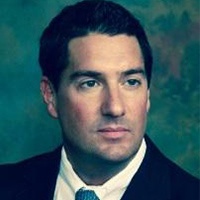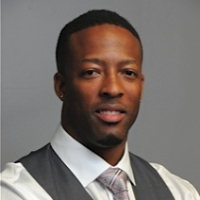Connecticut DUI-DWI Lawyer List
Sponsored Law Firm
-
 x
x

Click For More Info:
-
Andrew M Amendola, Attorney at Law
591 Thompson Avenue East Haven, CT 06512» view mapAccident & Injury, Criminal, Estate, Real Estate Where Every Client Matters
Let Andrew M Amendola, Attorney at Law handle all your legal needs today@
800-942-4780
Brian J. Woolf
Attorney Brian J. Woolf, LLC, in East Hartford, Connecticut, provides legal assistance to criminal defendants in the following areas and more: Burgla... (more)
John F. O'Brien
✓ VERIFIEDAttorney John F. O’Brien has over 30 years of experience as a criminal defense lawyer. We’ve been protecting people’s rights in Hartford, CT sin... (more)
Scott Leventhal
✓ VERIFIEDRepresenting the accused and the injured since 1957. We understand that sometimes good people make mistakes. The story of the LoRicco family and t... (more)
Daniel P. Weiner
Daniel P. Weiner has served people in Fairfield County and throughout the state of Connecticut for nearly 40 years. He and his staff are committed ... (more)
Mark Daniel Sherman
Mark Sherman is a lawyer in Stamford who focuses on Criminal Defense cases. He has tried cases involving civil litigation, Connecticut college & unive... (more)
Donald Edwood Howard
Donald is orginally from Chicago, Illinois. He is 2003 graduate of Mississippi State University (MSU). He received his Masters in Public Policy Admini... (more)
 Andrew Amendola East Haven, CT
Andrew Amendola East Haven, CT AboutAndrew M Amendola, Attorney at Law
AboutAndrew M Amendola, Attorney at Law








